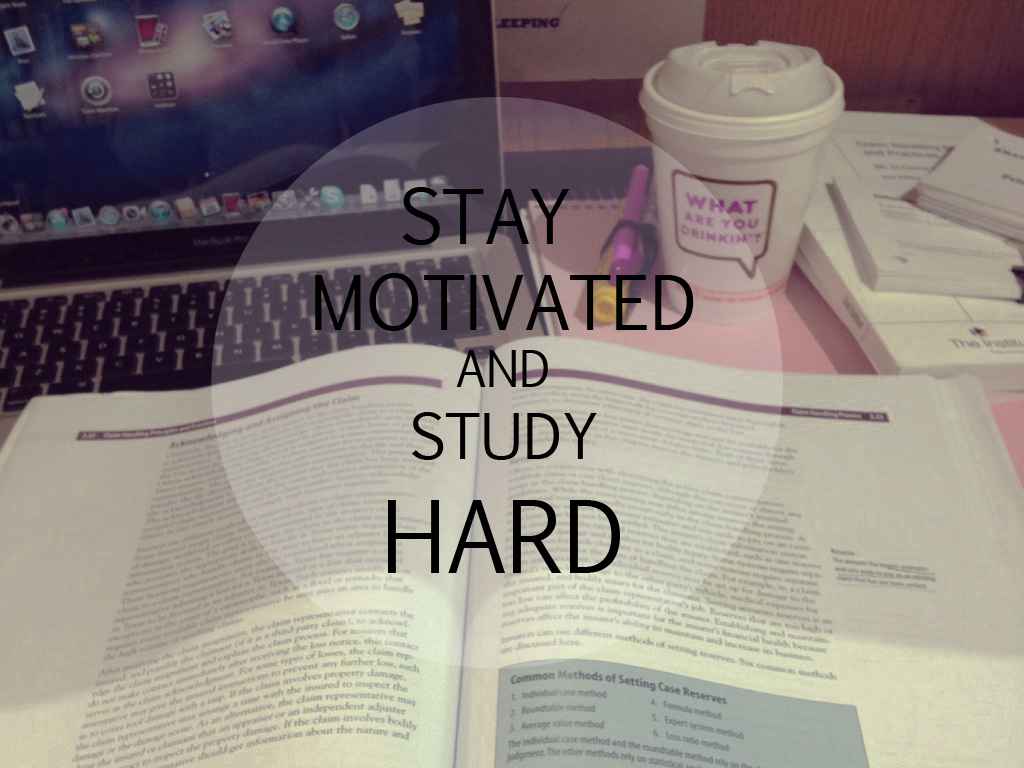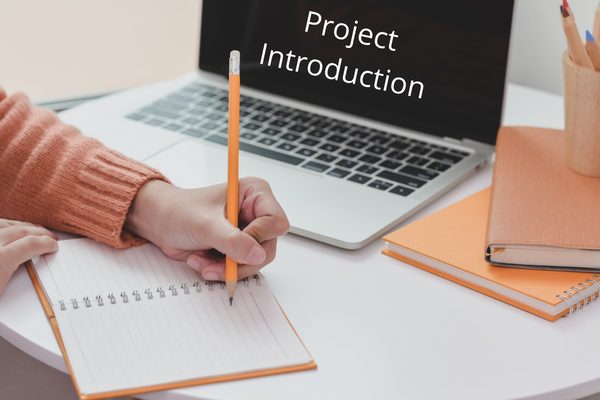If you have ever struggled to complete a difficult assignment at work, study for a critical exam, or work on a time-consuming project, you may have wished you could improve your concentration. Concentration is the mental effort you put forth to focus on whatever you’re working on or learning right now. It’s often confused with attention span, but attention span refers to how long you can focus on something. This article is definitely for you! Read to the end to find out what is it that affects your concentration and how you can improve on it. This will help you achieve the best grades!
What is Lack of Concentration?

You may enjoy being a student in your chosen area, but memorising a stack of lecture notes to pass your examinations and earn your degree is a different storey. Especially with so many interesting, fascinating, and colourful things to look at.
When going asleep, you must still your thoughts and minimise distractions, and when studying, you must do the same.
Almost majority of the issues that arise when you can’t focus or concentrate on your academics fall into one of two categories:
- Difficulty getting started on your studies (inertia issues) or
- maintaining concentration while studying (daydreaming).
Causes of Lack Of Studies Concentration

It’s possible that your inability to concentrate is related to what’s going on in your environment. Interruptions from co-workers, distractions from roommates or family members, and social media notifications are all common culprits.
Concentration problems, on the other hand, may be related to underlying mental or physical health issues. Among the most common are:
Both children and adults with ADHD (attention deficit hyperactivity disorder) face difficulties with learning and remembering. It’s frequently marked by a pattern of inattention, hyperactivity, and impulsivity that persists over time. Treatment can assist to alleviate the symptoms of ADHD.
Concentration, memory, and learning can all be affected by cognitive dysfunction or impairment. Developmental delays or impairments, brain traumas, or neurological diseases that create problems with brain function are examples of these challenges.
Untreated mental health issues like depression and anxiety cause mood swings and other emotional symptoms, but they can also make it difficult to focus, concentrate, learn, and recall new knowledge. When you’re stressed, it’s also possible that you’ll have trouble concentrating at work or school. Concussions and other head traumas can make it difficult to concentrate and remember things. As this is usually very temporary, focus problems can persist while a concussion heals.
Attention and focus problems can be caused by farsightedness and other vision abnormalities. If you (or your child) is having trouble concentrating and is also experiencing headaches or squinting, you should have your eyes tested.
Enemy of Studies Concentration
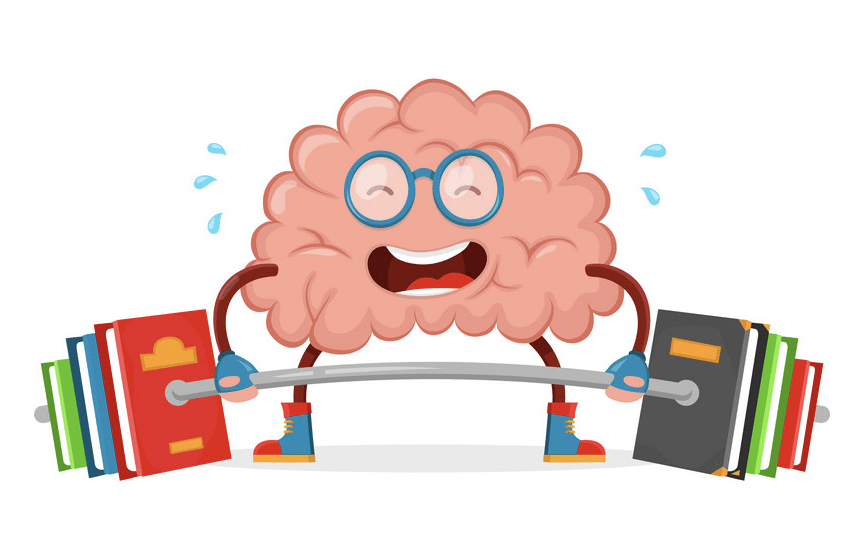
For an assortment of reasons, both able to focus and fixation may vacillate. A few people just have a more troublesome time blocking out interruptions than others. Focus can be impacted by age and an absence of rest.
Most people fail to remember things all the more effective as they become more established, and cognitive decline may be joined by a deficiency of fixation. Blackouts and other head or cerebrum injuries, just as a few psychological well-being issues, can impede fixation. When you’re trying to concentrate but can’t, it’s simple to get frustrated. This might cause stress and irritability, making concentrating on what you need to achieve even more of a pipe dream. If this sounds like you, stay reading to learn about research-backed techniques for improving your concentration. We’ll also go through several issues that can influence concentration and what to do if increasing concentration on your own isn’t working.
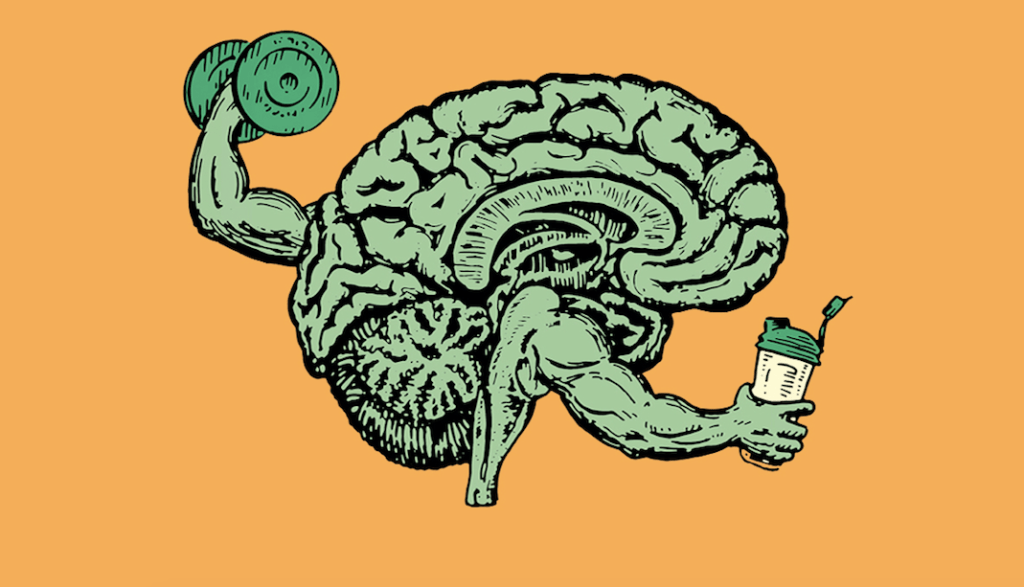
If nothing else seems to be working, seek expert advice. Even if you’re not aware of it, something more serious than regular distractions could be harming your ability to concentrate.
Starting with a therapist might be beneficial, especially if you’re anxious or have seen changes in your mood. These signs are sometimes difficult to detect without the help of a skilled specialist.
Untreated ADHD causes many individuals to have difficulty concentrating or focusing their attention for long periods. A mental health specialist can assist you in determining the cause of this or any other issue, as well as getting you started on therapy.
Once you’ve been diagnosed, therapy, medication, and other treatment options can help you feel better.
Also, Read Here are some interesting Psychology facts for Children!
Tips to Improve Studies Concentration
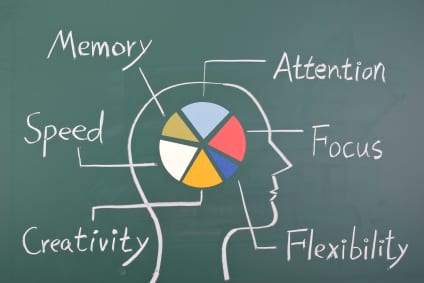
Here are some methods to creating a calm, distraction-free refuge in a location that you find favourable to focus.
- Set up all of your materials, including stationery, Diet Cokes, and everything else you’ll need to learn. Once you’ve started, you shouldn’t have to get up for anything.
- Talk to your family, roommates, cat, parrot, needy indoor plants, or anyone else you believe could be a diversion. Explain that it’s study time and that you’d like an hour of silence with minimal distractions.
- Delete all of the emails in your inbox. If you have emails that demand lengthy responses, make a to-do list so you don’t forget. You can deal with that later.
- Remove all alerts from your phone and put it on silent mode so it doesn’t ping and distract you. Leave it in a different room if possible.
- Log out of any apps and social media platforms that may send you distracting notifications if you’re working from a smartphone.
- Make your body and mind study-ready. Fill your water bottle, make a cup of coffee or tea, layout your munchies, and get a good night’s sleep the night before.
- Pay a bill, feed the cat, or break up with your lover before your specified study time so that they don’t fill up your valuable mental capacity.
Also, Read Forestry: An Ultimate Guide for Students
Some Detailed Ideas to Concentrate on Studies
Train Your Cerebrum

Playing specific kinds of games can assist you with improving at concentrating. Attempt:
After-effects of a recent report Trusted Source of 4,715 grown-ups propose going through 15 minutes every day, 5 days per week, on mind preparing exercises can hugely affect focus.
Cerebrum preparing games can likewise assist you with fostering your working and momentary memory, just as your handling and critical thinking abilities.
Children
Cerebrum preparation can work for youngsters, as well. Put resources into a book of word puzzles, complete a jigsaw puzzle together, or play a round of memory.
In any event, shading can assist with further developing a focus in youngsters or grown-ups. More established youngsters might appreciate more nitty-gritty shading pages, similar to those found in grown-up shading books.
Adult grown-ups
The impacts of cerebrum preparing games might be especially significant for more established grown-ups since memory and focus frequently will more often than not decay with age.
Research from 2014Trusted Source that checked out 2,832 more established grown-ups circled back to members following 10 years. More established grown-ups who finished somewhere in the range of 10 and 14 meetings of mental preparation saw further developed discernment, memory, and handling abilities.
Following 10 years, most of the study members revealed they could finish the day by day exercises too as they could toward the start of the preliminary, if worse.
Get Your Game On

Cerebrum games may not be the main sort of game that can assist with further developing fixation. Fresher exploration likewise recommends playing computer games could assist with helping focus.
A recent report seeing 29 individuals tracked down proof to propose an hour of gaming could assist with working on visual specific considerations (VSA). VSA alludes to your capacity to focus on a particular undertaking while at the same time overlooking interruptions around you.
This study was restricted by its little size, so these discoveries aren’t convincing. The concentrate likewise didn’t decide how long this increment in VSA endured. Concentrate on creators prescribes future exploration to keep investigating how computer games can assist with expanding cerebrum movement and lift focus.
A 2017 review of Trusted Source saw 100 investigations inspecting the impacts computer games could have on mental capacity. The consequences of the audit propose playing computer games might prompt different changes in the cerebrum, including expanded consideration and concentration.
This survey had a few impediments, including the way that the examinations zeroed in on broadly differing subjects, including computer game compulsion and potential impacts of brutal computer games. Concentrates explicitly intended to investigate advantages of computer games could assist with supporting these discoveries.
Further Develop Rest
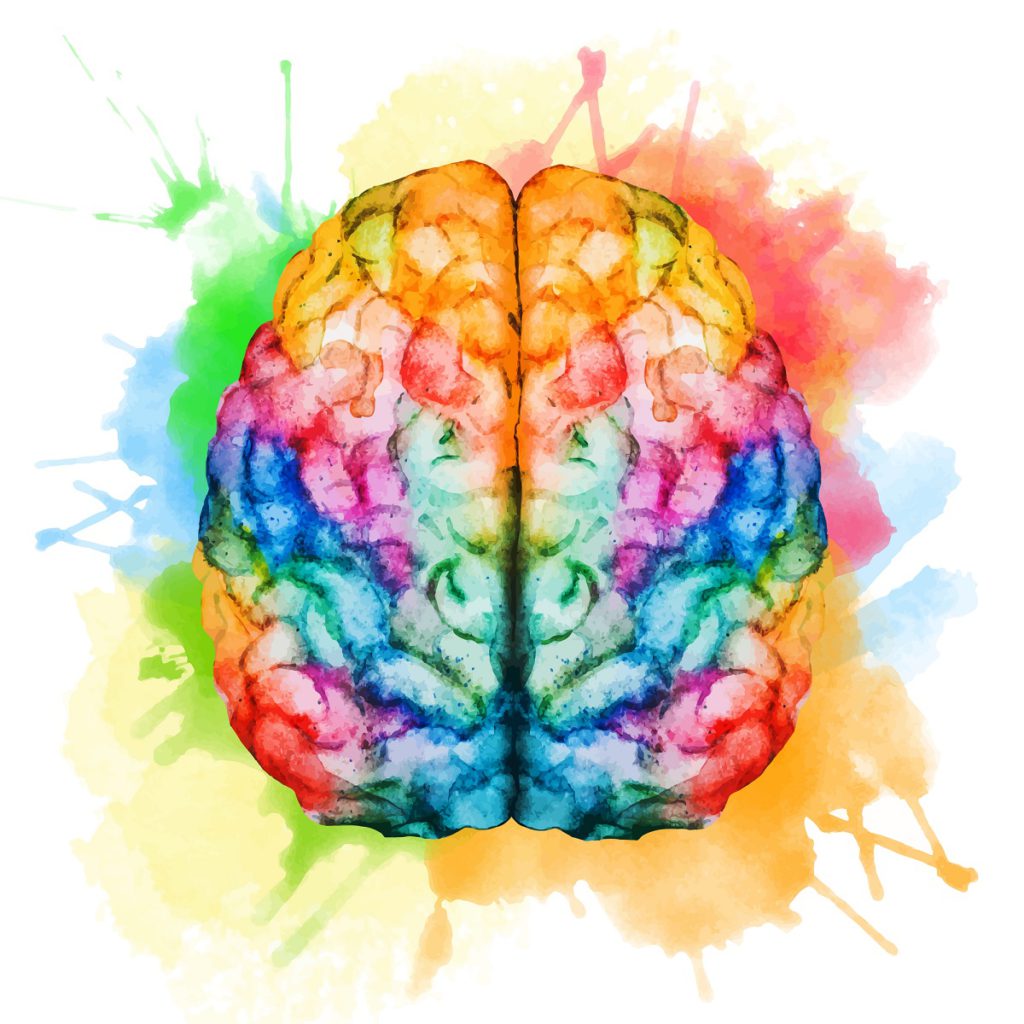
Lack of sleep can undoubtedly upset fixation, also other mental capacities, like memory and consideration.
Intermittent lack of sleep may not create an excessive number of issues for you. Yet, consistently neglecting to get a decent night’s rest can influence your disposition and execution at work.
Being too worn out can even stoppage your reflexes and influence your capacity to drive or do other day by day undertakings.
A requesting plan, medical problems, and different factors now and then make it hard to get sufficient rest. Yet, it’s critical to attempt to get as near the suggested sum as conceivable on most evenings.
Numerous specialists prescribe grown-ups focus on 7 to 8 hours of rest every evening.
Further developing the rest you in all actuality do get can likewise have benefit. A couple of speedy tips:
- Switch off the TV and set aside screens an hour before bed.
- Keep your room at an agreeable yet cool temperature.
- Wind down before bed with delicate music, a steaming shower, or a book.
- Hit the hay and get up around a similar time every day, even at the ends of the week.
- Practice routinely, however, attempt to stay away from a weighty exercise not long before bed.
Set Aside A Few Minutes For Work Out to Improve Concentration

Expanded fixation is among the many advantages of customary exercise. The practice benefits everybody. A recent report taking a gander at 116 fifth-graders tracked down proof to recommend every day actual work could assist with working on both fixation and consideration after only a month.
Other research Trusted Source checking out more seasoned grown-ups proposes only an extended time of moderate oxygen-consuming active work can help stop or even opposite cognitive decline that happens with cerebrum decay connected with age.
Albeit high-impact practice is suggested, showing improvement over doing nothing by any means. Contingent upon your wellness and weight objectives, you might need to practice pretty much.
Yet, at times it simply is beyond the realm of possibilities to expect to get the suggested measure of activity, particularly on the off chance that you live with physical or emotional wellness challenges.
Invest Energy In Nature

To help your focus normally, attempt to get outside each day, in any event, for only 15 to 20 minutes. You may go for a short stroll through a recreation area. Sitting in your nursery or terrace can likewise help. Any common habitat has benefits.
Logical proof progressively upholds the positive effect of regular habitats. Research from 2014Trusted Source tracked down proof to propose remembering plants for office spaces helped increment focus and usefulness, just as working environment fulfillment and air quality.
Take a stab at adding a plant or two to your work area or home for a scope of positive advantages. Succulents settle on extraordinary decisions for low-upkeep plants in the event that you don’t have a green thumb.
Kids benefit from common habitats, as well. Research distributed in 2017Trusted Source followed north of 1,000 kids from birth to age 7. The review expected to decide how deep rooted openness to trees and vegetation at home or in the area may influence consideration in youngsters.
The review tracked down proof to recommend common habitats could help mental health and may likewise further develop consideration in kids.
Nature might have significantly more advantage for youngsters with ADHD. A 2009 study Trusted Source that checked out 17 kids with ADHD found proof that a 20-minute stroll in the park could assist with further developing focus in excess of a stroll of a similar length in a metropolitan setting.
We hope that these tips help you and you are able to succeed in your life. All the best!
Also, Read Memorable Quotes By Abdul Kalam
Tactics Help in Improving Concentration
| Sl. No. | Different Tactics | Helpful or Not |
| 1 | Listening To Light Music | Helpful |
| 2 | Watching Television | Not Helpful |
| 3 | Using A Phone/PC/Laptop | Not Helpful |
| 4 | Reading A Book | Helpful |
| 5 | Taking A Walk | Helpful |
| 6 | Cooking | Helpful |
Studies Concentration FAQs
Can meditation help in improving concentration?
A. Reflection and care practices can offer numerous advantages. Further developed fixation is just one of these.
A 2011 review Trusted Source of 23 examinations tracked down proof to propose care preparing that underscores consideration center could assist with expanding consideration and concentration. Care can likewise further develop memory and other mental capacities.
Reflection doesn’t simply mean sitting quietly with your eyes shut. Yoga, profound breathing, and numerous different exercises can assist you with ruminating.
On the off chance that you’ve attempted reflection and it hasn’t worked for you, or on the other hand assuming you’ve never contemplated, this rundown can give you a few thoughts for how to begin.
Can taking a break be useful or is it harmful?
A. How might having some time off from work or schoolwork increment your focus? This thought may appear to be illogical, yet specialists say it truly works.
Think about this situation: You’ve put in a couple of hours on a similar venture, and out of nowhere your consideration begins to meander. Despite the fact that it’s difficult to keep your brain on the assignment, you stay at your work area, driving yourself to continue onward. However, your battle to concentrate simply causes you to have a pushed and restless outlook on not finishing your work on schedule.
You’ve most likely been there previously. Next time this occurs, when you first feel your fixation drop, have some time off. Invigorate yourself with a cool beverage or nutritious tidbit, go for a speedy stroll, or head outside and get some sun.
At the point when you return to work, don’t be astounded assuming that you feel more engaged, inspired, or even imaginative. Breaks can assist with helping these capacities and the sky is the limit from there.
Give me a tip to improve my concentration which is easy.
A. Turning on music while working or contemplating may assist with expanding focus.
Regardless of whether you appreciate paying attention to music while you work, utilizing nature sounds or repetitive sound cover foundation sounds could likewise assist with further developing focus and other mental capacities, as per research.
The sort of music you pay attention to can have an effect. Specialists by and large concur old-style music, especially elaborate traditional music or nature sounds are great decisions to assist with expanding your concentration.
In the event that you could do without old style music, attempt surrounding or electronic music without verses. Keep the music delicate, or at foundation commotion level, so it doesn’t wind up diverting you.
It’s likewise critical to try not to pick music you love or disdain, since the two sorts can wind up diverting you.
Does food have anything to do with improving concentration?
A. he food varieties you eat can influence mental capacities like focus and memory. Keeping away from handled food sources, an excess of sugar, and extremely oily or greasy food varieties. To help focus, have a go at eating a greater amount of the accompanying:
- greasy fish (think salmon and trout)
- eggs (white and yolk both)
- blueberries
- spinach
Remaining hydrated can likewise decidedly affect focus. Indeed, even gentle parchedness can make it harder to concentrate or recall data.
Having breakfast can help by supporting your concentrate first thing. Focus on a supper that is low in added sugars and high in protein and fibre. Oats, a plain yoghurt with natural products, or entire grain toast with eggs are for the most part great breakfast decisions.
Can caffeinated drinks help my concentration issues?
A. There’s no compelling reason to remember caffeine for your eating regimen assuming that you like to keep away from it, yet research. Trusted Source recommends caffeine can help your consideration and concentration.
On the off chance that you feel your focus beginning to drop, think about some espresso or green tea. A serving of dull chocolate – 70% cacao or higher – can have comparative advantages, if you detest stimulated drinks.
A 2017 study Trusted Source tracked down proof to recommend phytochemicals normally found in matcha, a kind of green tea, work on mental capacity as well as can assist with advancing unwinding. So matcha might be a decent choice assuming espresso will in general cause you to feel anxious or tense.
What are concentration activities? How can they help me?
A. Fixation exercises regularly assist youngsters who with experiencing difficulty centering. This psychological exercise includes completely committing consideration regarding a movement for a set timeframe.
Attempt these exercises:
- Draw or doodle for 15 minutes.
- Put in no time flat throwing an inflatable or little ball with someone else.
- Set a clock for 3 to 5 minutes. Attempt to squint as little as could be expected.
- Suck on candy or hard candy until it’s gone – fight the temptation to nibble into it. Focus on the flavour, the vibe of the candy on your tongue, and how long it requires to eat it.
Subsequent to finishing one of the exercises, request that your kid compose a short outline or sketch how they felt during the experience. Small kids can basically utilize words to portray their sentiments.
Discussing where they lost fixation and how they figured out how to pull together can assist them with fostering these abilities for use in day by day errands.
A fixation exercise can help grown-ups, as well, so go ahead and check it out yourself.
Here is a PDF with some other techniques that you can use to improve your concentration –
Also, Read How to be Motivated to Study?
Share with your friends


